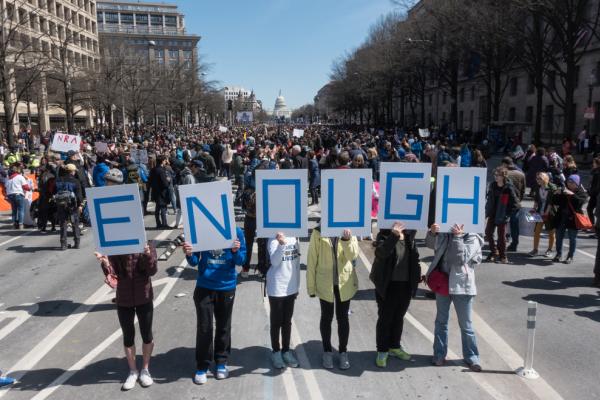Mar 29, 2018
As a follower of Jesus, I am acutely aware of the painful paradox represented by the fact that thousands of self-proclaimed evangelical Christians supported, and continue to support, our nation’s current president. These same evangelical Christians have historically resisted attempts to pass any sort of commonsense gun control legislation (although the tide is shifting).
Read the Full Article

Already a subscriber? Login
